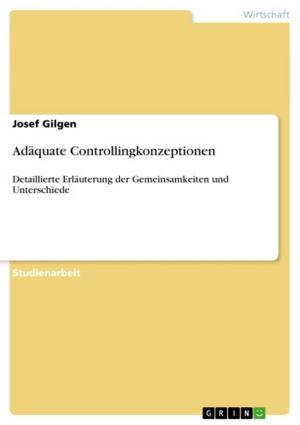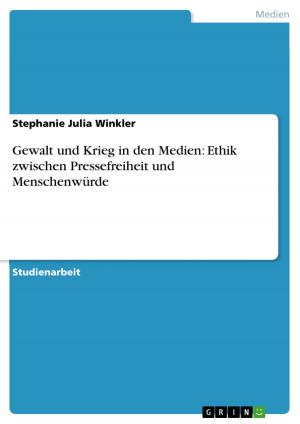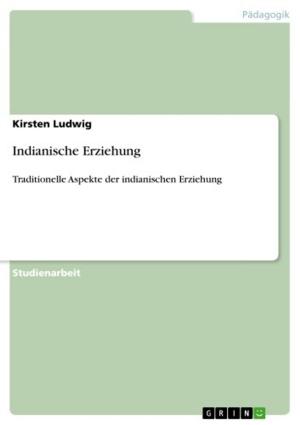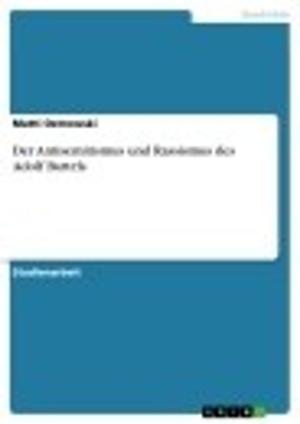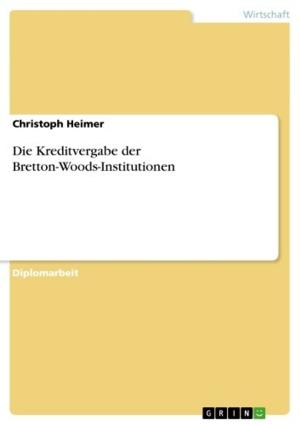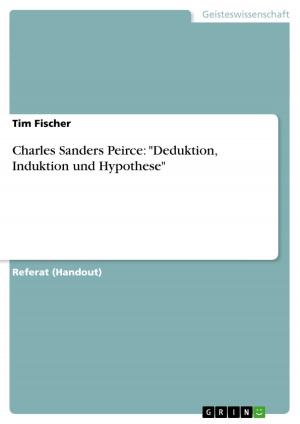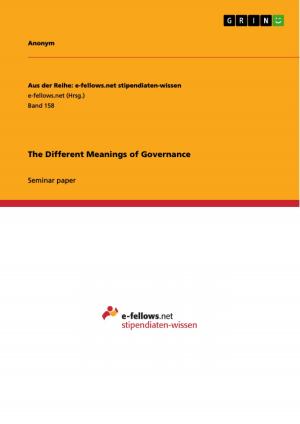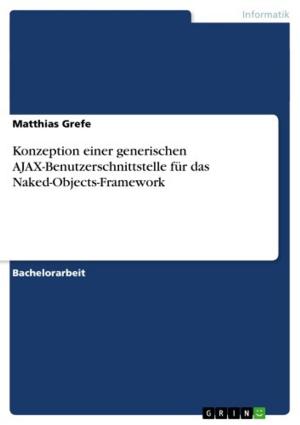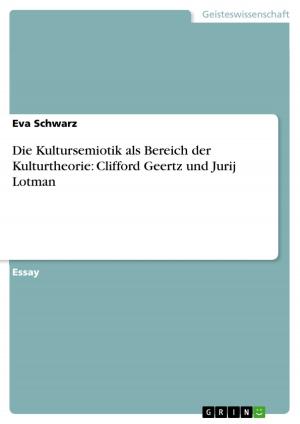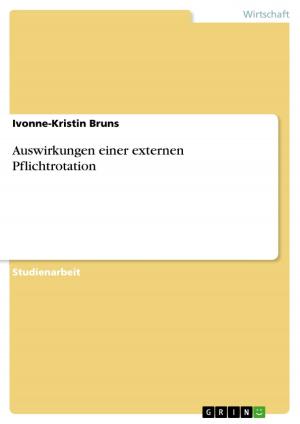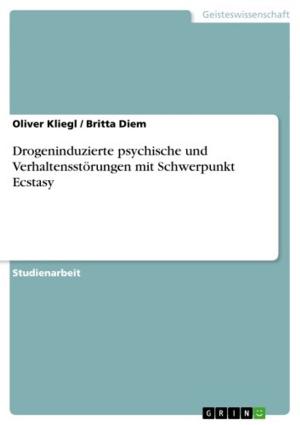Intuitive Entscheidungsfindung - Ist der Homo Oeconomicus noch zu retten?
Ist der Homo Oeconomicus noch zu retten?
Business & Finance, Business Reference, Business Law| Author: | Andreas Petrow | ISBN: | 9783640653959 |
| Publisher: | GRIN Verlag | Publication: | June 30, 2010 |
| Imprint: | GRIN Verlag | Language: | German |
| Author: | Andreas Petrow |
| ISBN: | 9783640653959 |
| Publisher: | GRIN Verlag |
| Publication: | June 30, 2010 |
| Imprint: | GRIN Verlag |
| Language: | German |
Bachelorarbeit aus dem Jahr 2010 im Fachbereich BWL - Recht, Note: 1,0, Frankfurt University of Applied Sciences, ehem. Fachhochschule Frankfurt am Main, Sprache: Deutsch, Abstract: Gegenstand der hier vorgestellten Arbeit ist eine theoretische - sowie empirische Analyse diverser wirtschaftlicher Situationen und die damit verbundene intuitive Entscheidungsfindung der Marktteilnehmer. Der fiktive Akteur - der Homo Oeconomicus - ist seit langer Zeit ein idealer 'Wirtschaftsmensch' und Nutzenmaximierer. Jedoch zeigen die 'Prospect Theory', sowie andere deskriptive Ansätze, dass dieses angenommene und fundierte Modell nicht individuell einsetzbar und somit nur bedingt in der Praxis anwendbar ist. Diese Arbeit und das damit verbundene Experiment sollen die Probanden in eine teilweise markttypische Situation versetzen und die Unterschiede zwischen dem rational-logischen und dem intuitiv-heuristischen Entscheidungsweg darstellen. Durch das Zusammenwirken der Intuition mit der Zeitbegrenzung wird im Laufe der Arbeit versucht, die verzerrenden Effekte bei der Entscheidungsfindung zu minimieren. Die intuitive Entscheidungsfindung soll dadurch so greifbar wie möglich gemacht werden. Schlagwörter: Intuition, Entscheidungsfindung, Heuristik, Entscheidungsprozess, Homo Oeconomicus, Prospect Theory Abstract The influences of emotions and also intuition, are attending more and more interest and attention at the capital markets. Every day we are confronted with a chain of situations, which are forcing us to make decisions. This complexity of this decision-making process is increasing steadily over time. The Homo Oeconomicus as an ideal model, of how market participants make their decisions is losing ground. The intention of this paper is to criticize the Homo Oeconomicus postulates and to find a more or less realistic approach for how to determine to which extent heuristics are involved in the decision-making process. The empirical part of this paperwork demonstrates a conspicuous tendency. Thus, the greater emphasis on the intuitive decision-making process is rather efficient then the emphasis on the rational-logical way of making decisions. Keywords: Intuition, decision-making, cognitive bias, decision process, prospect theory, heuristics
Bachelorarbeit aus dem Jahr 2010 im Fachbereich BWL - Recht, Note: 1,0, Frankfurt University of Applied Sciences, ehem. Fachhochschule Frankfurt am Main, Sprache: Deutsch, Abstract: Gegenstand der hier vorgestellten Arbeit ist eine theoretische - sowie empirische Analyse diverser wirtschaftlicher Situationen und die damit verbundene intuitive Entscheidungsfindung der Marktteilnehmer. Der fiktive Akteur - der Homo Oeconomicus - ist seit langer Zeit ein idealer 'Wirtschaftsmensch' und Nutzenmaximierer. Jedoch zeigen die 'Prospect Theory', sowie andere deskriptive Ansätze, dass dieses angenommene und fundierte Modell nicht individuell einsetzbar und somit nur bedingt in der Praxis anwendbar ist. Diese Arbeit und das damit verbundene Experiment sollen die Probanden in eine teilweise markttypische Situation versetzen und die Unterschiede zwischen dem rational-logischen und dem intuitiv-heuristischen Entscheidungsweg darstellen. Durch das Zusammenwirken der Intuition mit der Zeitbegrenzung wird im Laufe der Arbeit versucht, die verzerrenden Effekte bei der Entscheidungsfindung zu minimieren. Die intuitive Entscheidungsfindung soll dadurch so greifbar wie möglich gemacht werden. Schlagwörter: Intuition, Entscheidungsfindung, Heuristik, Entscheidungsprozess, Homo Oeconomicus, Prospect Theory Abstract The influences of emotions and also intuition, are attending more and more interest and attention at the capital markets. Every day we are confronted with a chain of situations, which are forcing us to make decisions. This complexity of this decision-making process is increasing steadily over time. The Homo Oeconomicus as an ideal model, of how market participants make their decisions is losing ground. The intention of this paper is to criticize the Homo Oeconomicus postulates and to find a more or less realistic approach for how to determine to which extent heuristics are involved in the decision-making process. The empirical part of this paperwork demonstrates a conspicuous tendency. Thus, the greater emphasis on the intuitive decision-making process is rather efficient then the emphasis on the rational-logical way of making decisions. Keywords: Intuition, decision-making, cognitive bias, decision process, prospect theory, heuristics

